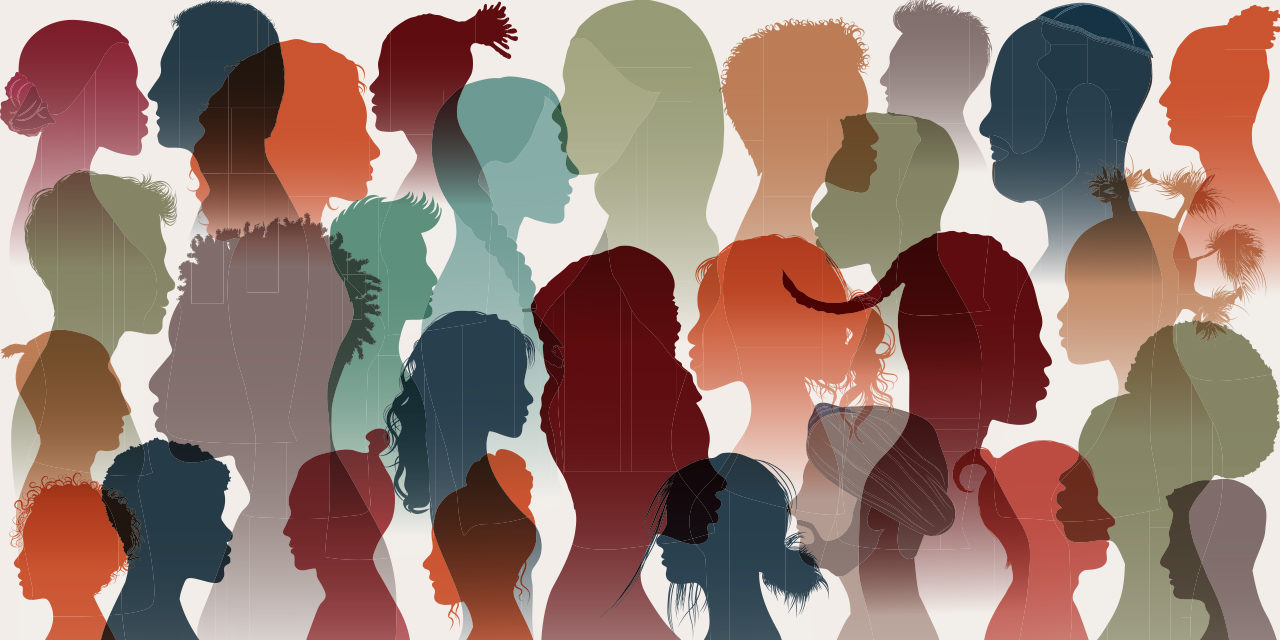It has become a common assumption today that sex and gender are two different things. The new gender orthodoxy simplistically asserts, “Sex is what’s between your legs. Gender is what’s between your ears.” But is that true?
It is not. It must be admitted that the idea that sex and gender are different things does not stem from any new scientific discovery.
It arose in the 1970s from the work of the controversial and disgraced sex theorist John Money with this book. A noted academic journal article shows how separating out sex and gender as distinct things slowly became fashionable in the academia literature starting, not in biology and the hard sciences, but in the social sciences and humanities. The assertion that sex and gender are different is rooted solely in gender ideology; a desire to make them two different things in order to support a new theory of humanity.
This division must be resisted as these two important words speak to very important parts of what it means to be human. They are not wholly different things. It’s worth addressing precisely why this is.
The Meaning of Words
Few disagree the word “sex” refers to biological male and female as well as to the act of coitus itself. “Gender” is what’s being contested today.
Let’s start where any reasonable discussion of the real meaning of a word must start, looking at its specific etymology. In doing so, we find gender has everything to do with the first, most basic, and natural fact of being human.
From the 14th Century, gender has referred to the essence of what male and female are and do cooperatively together, issuing from the Proto-Indo-European root gen- or gene-. It fundamentally references the creation, birth and begetting of new human beings, as in, to generate or engender. This root is also interestingly associated with the Latin gonos, from which we get our English word gonad. Of course, these are the uniquely determinative, wholly binary parts of our anatomy that cannot do what they do without their cooperative union with the body of the other gender. Gender refers to that which is inherently heterosexual.
Thus, gender’s grammatical root – gene/gen – is also associated with such words as genesis, generation (both in terms of being generated as well as the historical time-frame one was generated) and yes, of course, genitals, those two unavoidably binary parts of the human anatomy that help our gonads and other associated cooperative parts do what gonads do: generate.
Finally, gender also derives from the Latin genus meaning race, kin, family, kind, order and species, that generative line from which another comes and thus belongs to.
If anything is the furthest thing from being a mere social construct, gender is. By its very definition, it is the first function of nature.
So the words “sex” and “gender” are indeed two objective sides of the same coin. Anyone who says different is just making stuff up. And this is precisely what the gender theorists are doing. Learned people should refuse to play along.
Photo from Shutterstock






